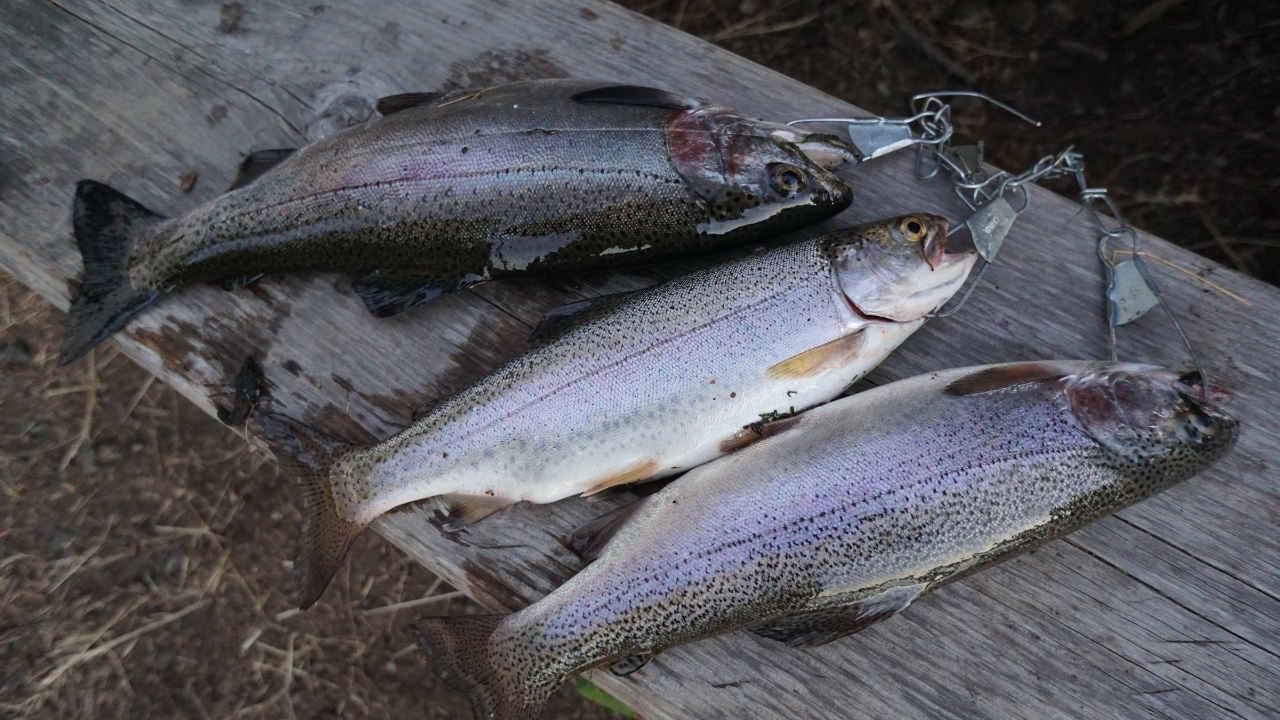Everyone wants to look like they know what they’re doing out on the water—but some habits give you away fast. It’s not always the gear or the fish count that sets you apart. Sometimes, it’s the little things—how you cast, how you move, and how you carry yourself—that let others know if you’re green or seasoned.
If you’ve been fishing a while and still feel like things aren’t clicking, there’s a good chance one of these habits is holding you back. Fixing them doesn’t take much—just a little awareness and some time on the water.
Casting Over Everyone Else’s Line

Nothing screams “newbie” louder than slinging your line right across someone else’s. Whether you’re on a boat or fishing the bank, not paying attention to casting angles causes tangles, wasted time, and frustrated fishing buddies.
Take a second to watch how everyone else is casting. Follow the rhythm, find your lane, and stick to it. A little awareness goes a long way—especially if you ever want to be invited back.
Constantly Changing Baits

Switching baits every five minutes because you’re not getting bites isn’t strategy—it’s panic. Fish don’t always bite right away, and cycling through your whole tackle box too fast keeps you from learning what actually works.
Give each bait a fair shot. Try different retrieves, speeds, or angles before tying on something new. Patience and observation will teach you more than any fancy lure ever will.
Setting the Hook Like You’re Trying to Yank Their Lips Off

Jerking your rod like you’re in a tug-of-war with a shark is a classic rookie move. With bass or panfish, all that effort usually just rips the hook out or spooks the whole school.
Instead, learn to read the bite and apply a firm, controlled hookset. It takes feel and timing, not brute strength. A calm, clean hookset lands more fish than a dramatic one.
Talking Too Loud

Fish might not understand what you’re saying, but they sure feel the vibration. Yelling across the water, stomping around the boat, or blasting music kills your chances before you even cast.
Keep it quiet. Use low voices, close doors gently, and don’t slap gear around. It’s not about being silent—it’s about not announcing your presence to everything with gills.
Not Checking Your Knots

If your line keeps breaking and you blame the fish every time, check your knots. A poorly tied knot is one of the most common reasons for lost fish—and it’s 100% preventable.
Learn a few reliable knots like the Palomar or improved clinch, and take your time tying them right. Wet the line, cinch it tight, and inspect it. A good knot holds when it matters most.
Fishing the Same Spot All Day

If you’ve been casting into the same hole for hours with nothing to show, it’s time to move. Fish aren’t always where you want them to be, and staying put out of stubbornness won’t change that.
Good anglers know when to change it up. Try different depths, structure, or cover. If nothing’s biting, don’t waste the whole day hoping the fish will come to you. Go find them.
Ignoring the Weather and Water Conditions

Rookies tend to show up with one plan and stick to it no matter what. But fishing is about adapting—cloud cover, wind, water clarity, and temperature all matter more than most people think.
Watch the sky, feel the wind, and pay attention to how the water looks and moves. Conditions change fast, and fish respond to those changes. If you ignore the environment, you’ll miss out on the bite.
Handling Fish Like a Caveman

Grabbing fish with dry hands, flopping them on the ground, or squeezing the life out of them is a quick way to get side-eyes from everyone around you. And if you’re planning to release it, you might be killing it anyway.
Learn how to wet your hands, support the body, and remove the hook cleanly. Even if you’re keeping your catch, showing respect for the fish shows you actually know what you’re doing.
Not Knowing the Local Regulations

Nothing ruins a trip faster than getting checked by a game warden and not knowing the rules. Size limits, slot limits, bag limits—they all change depending on where you are and what you’re fishing for.
Before you hit the water, read the regs. Know what species are in season and what gear is allowed. Being uninformed makes you look like you don’t belong out there—and it can get expensive fast.
Leaving a Mess Behind

If your spot’s littered with old line, bait containers, or food wrappers, you’re not just looking like a rookie—you’re being a bad one. Responsible anglers leave it cleaner than they found it.
Pack out your trash. Cut and pocket loose line. Respect the water and the folks who’ll fish there after you. You can be the best fisherman on the lake, but if you leave a mess, nobody’s impressed.
*This article was developed with AI-powered tools and has been carefully reviewed by our editors.






